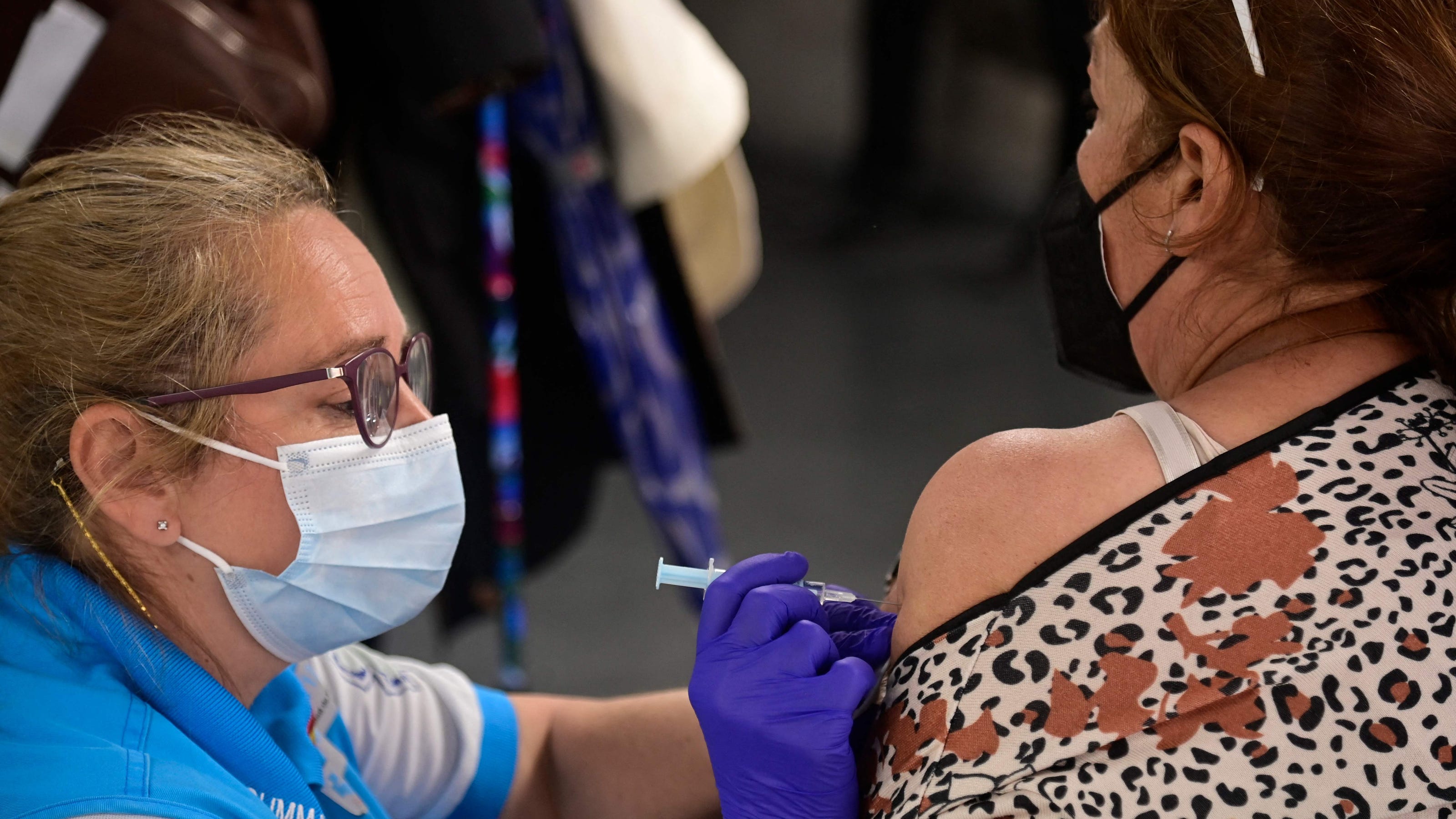You are here
Explainations of why Women report more side effects from the COVID-19 vaccine than men.
Primary tabs
Explainations of why Women report more side effects from the COVID-19 vaccine than men.
Sun, 2021-04-11 12:11 — mike kraft Women report more side effects from the COVID-19 vaccine than men. Health experts explain why. Health experts say biological differences between men and women, inconsistent reporting by men and gender bias in clinical trials may be some reasons. USA TODAY
Women report more side effects from the COVID-19 vaccine than men. Health experts explain why. Health experts say biological differences between men and women, inconsistent reporting by men and gender bias in clinical trials may be some reasons. USA TODAY Reports of COVID-19 vaccine side effects support what many have anecdotally observed: Women shoulder the bigger burden.
Among nearly 7,000 reports processed through the Centers for Disease Control and Prevention's Vaccine Adverse Event Reporting System from Dec. 14 to Jan. 13, more than 79% of them came from women. The most frequently reported side effects were headache, fatigue and dizziness.
Women also are more likely than men to experience some of the vaccine’s more unusual side effects, such as an itchy red rash that appears at the injection site commonly known as COVID arm or Moderna arm, because about 95% of the reactions occur with the Moderna vaccine. Overall, women account for 77% of the Moderna vaccine’s reported side effects.
These side effects – even if unusual – are a good sign the vaccine is working to arm the body’s immune system against the coronavirus. But why are women more likely to experience them than men?
Health experts say it may be the result of biological differences, inconsistent reporting by men and gender bias in clinical trials.
Women exhibit a greater immune response to vaccines than men, experts say, which may partially explain why more of them have reported side effects to the COVID-19 vaccine.
“From a biological perspective, women and girls produce sometimes twice as many infection-fighting antibodies from vaccines,” said Rosemary Morgan, a research scientist at Johns Hopkins Bloomberg School of Public Health.
Although there’s no data comparing men and women's immune response to the COVID-19 vaccine, researchers from a 2019 study found women developed greater cytokine and antibody responses compared with men after getting the flu vaccine.
That could be because women have a higher frequency of CD4+ T cells, also called "T helper cells," which activate other cells from the immune system that make antibodies to combat the virus, said Dr. Daniel Saban, an immunologist scientist at Duke University School of Medicine. ...

Recent Comments